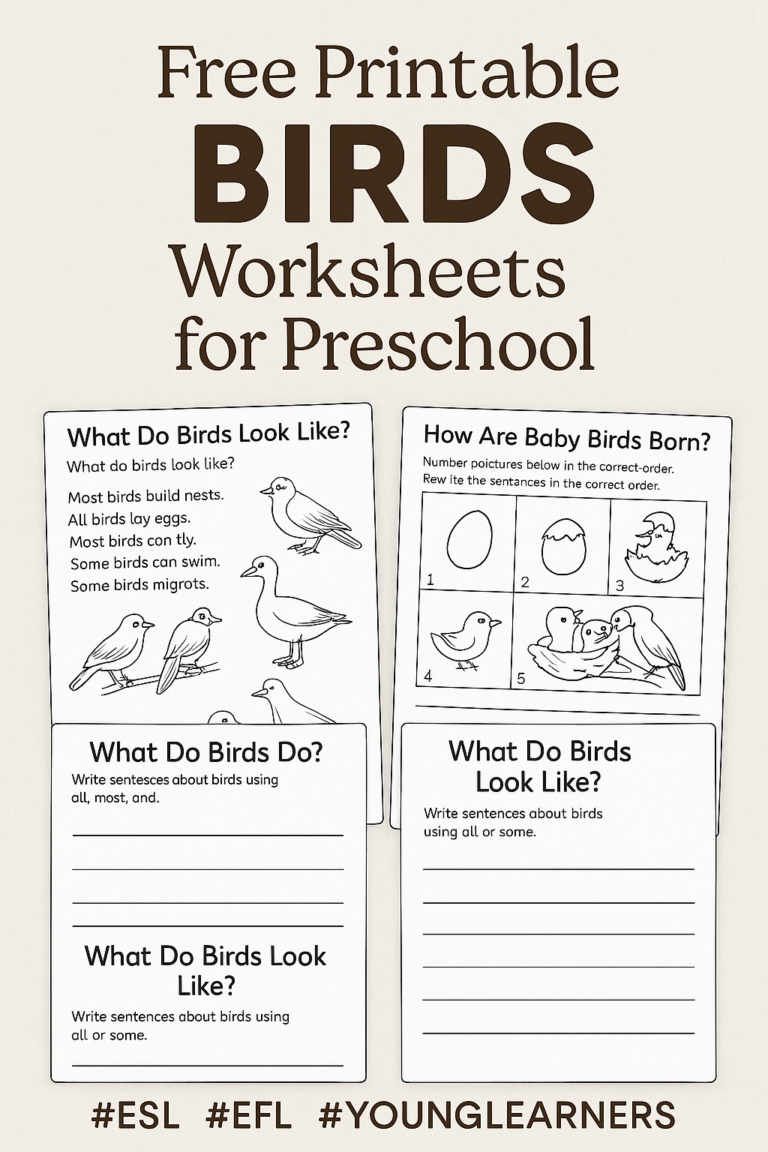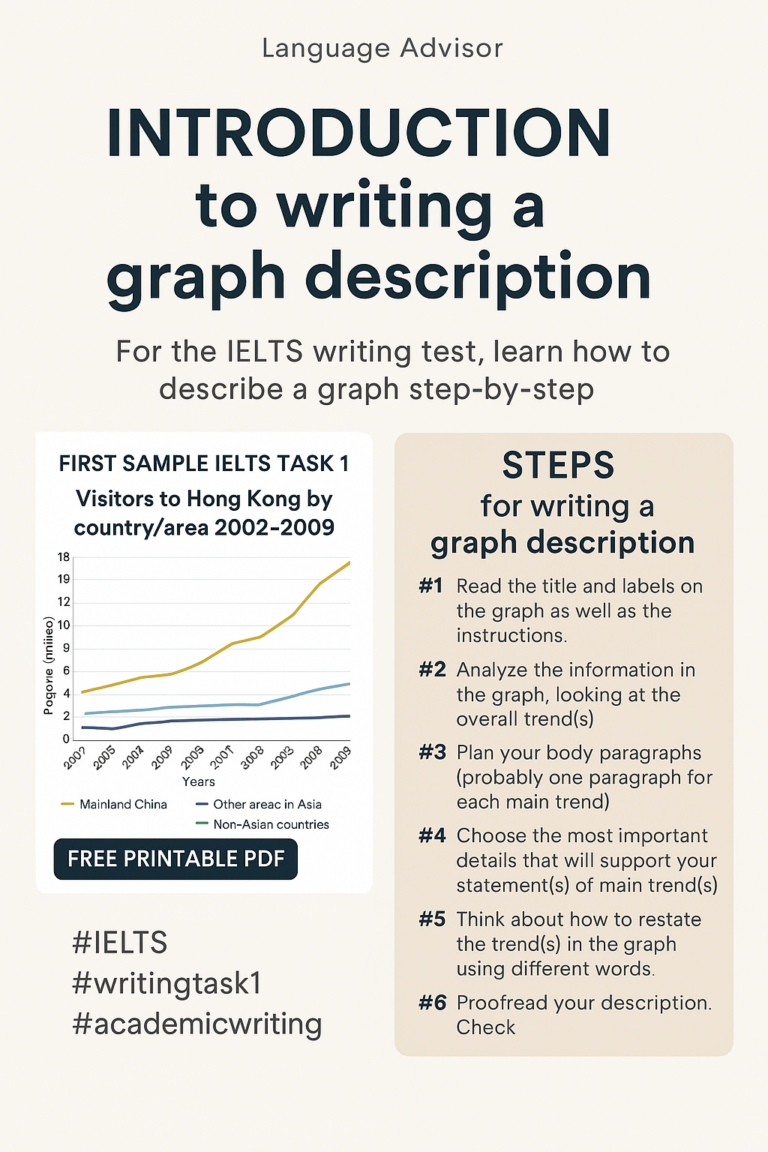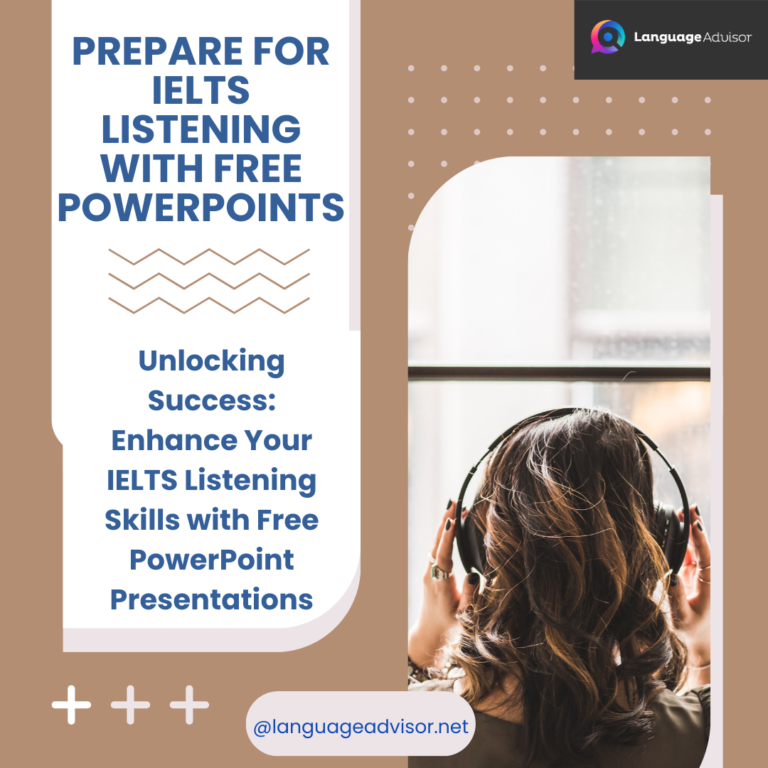IELTS Speaking: 110 Practice Questions Cards. Boost Your IELTS Speaking Skills with Practice Question Cards with free Printable PDFs
IELTS Speaking: 110 Practice Questions Cards
The coloration of this tropical fish is similar to that of the tropical sea horse. They provide medications in different forms and brands such as Woodland Hills breast cancer medicine and aromatase inhibitor, which is the medication that prevents the growth of breast cancer cells. Louis de biron was a keen advocate of a system of medical education, founded on the principle of universal access to knowledge.

IELTS Speaking: 110 Practice Questions Cards
Preparing for the IELTS Speaking test can be a daunting task, but with the right tools and strategies, you can boost your confidence and improve your performance. One effective method is using IELTS speaking practice question cards. These cards can help you simulate real test conditions, practice various topics, and enhance your fluency, vocabulary, and pronunciation. In this blog post, we’ll explore how to effectively use these question cards to maximize your speaking test success.
Why Use IELTS Speaking Practice Question Cards?
1. Realistic Test Simulation:
Practice question cards provide a realistic simulation of the IELTS Speaking test format. They cover a wide range of topics, mirroring the diversity of questions you might encounter during the actual test. This helps you become familiar with the test structure and reduces anxiety on test day.
2. Comprehensive Topic Coverage:
These cards include questions on various common IELTS topics, such as education, technology, environment, and more. By practicing with these cards, you’ll be better prepared to discuss any subject confidently and coherently.
3. Vocabulary and Fluency Enhancement:
Consistent practice with question cards allows you to expand your vocabulary and improve your fluency. You’ll learn to express your ideas more clearly and effectively, which is crucial for scoring well on the speaking test.
4. Time Management:
IELTS speaking practice question cards help you develop time management skills. Each card can be timed to mimic the real test’s timing constraints, ensuring you can complete your responses within the given time.
How to Use IELTS Speaking Practice Question Cards Effectively
1. Daily Practice: Set aside a specific time each day to practice with the question cards. Consistent daily practice helps reinforce your skills and build confidence over time.
2. Record Yourself: Record your responses to the practice questions and listen to them later. This allows you to identify areas for improvement, such as pronunciation, grammar, and coherence. It also helps you track your progress over time.
3. Focus on Weak Areas: Identify your weak areas and focus on improving them. If you struggle with certain topics or question types, spend extra time practicing those areas until you feel more comfortable.
4. Pair Practice: Practice with a partner who is also preparing for the IELTS test. Take turns asking and answering questions from the cards. This interactive practice simulates the speaking test’s real-life scenario and provides valuable feedback.
5. Seek Feedback: Share your recorded responses with a teacher, tutor, or study group to get constructive feedback. Understanding your strengths and weaknesses from an external perspective can help you make targeted improvements.
IELTS speaking practice question cards are a valuable resource for anyone preparing for the IELTS Speaking test. By incorporating these cards into your study routine, you can enhance your speaking skills, build confidence, and improve your overall test performance. Remember, consistent practice, self-evaluation, and targeted improvement are key to mastering the IELTS Speaking test. Start using these practice question cards today and take a significant step towards achieving your desired IELTS score.

IELTS Speaking: 110 Practice Questions Cards – Part 1
IELTS Speaking: 110 Practice Questions Cards – Part 2
IELTS Speaking: 110 Practice Questions Cards – Part 3

Also check out these resources to prepare for IELTS












